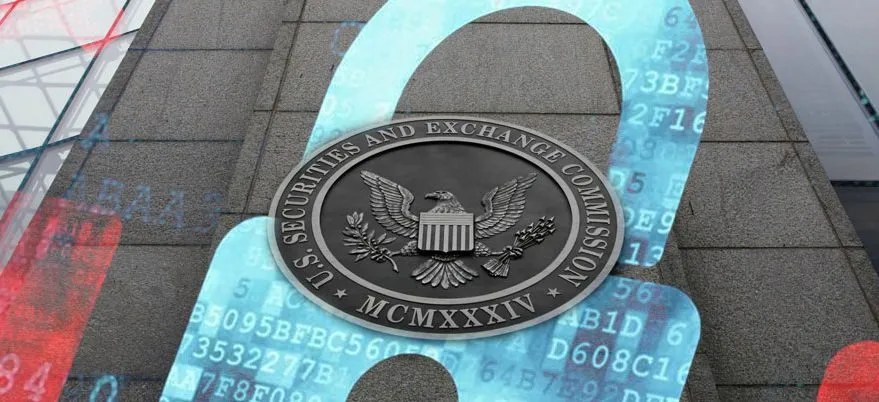|
Getting your Trinity Audio player ready...
|
A brand-new cybersecurity unit of the U.S. Securities and Exchange Commission is going after the Canadian man behind a digital currency investment scam that falsely promised a speedy, 13-fold profit to unknowing investors.
On Monday, federal authorities announced they have filed charges against Dominic Lacroix, a man described as a recidivist securities law violator, and his company PlexCorps after they were found to have marketed and sold securities called PlexCoin on the Internet to investors in the United States and elsewhere, claiming that investments in the so-called “next cryptocurrency” would yield a 1,354 percent profit in less than 29 days.
On its website, the company described PlexCoin as “the next decentralized worldwide cryptocurrency, based on the Ethereum structure” that investors can use to “buy products and services or invest,” just like any other fiat currency. PlexCoin holders will also have the option to withdraw their tokens “in cryptocurrency ATMs around the world” and exchange them for cash, according to the company.
PlexCoin’s ICO has raised an estimated $15 million from thousands of investors since August, when the pre-sale was launched, the SEC said. The investors were promised a 13-fold profit in less than a month, according to authorities.
The SEC has obtained an emergency court order to freeze the assets of PlexCorps, Lacroix, 35, and his partner Sabrina Paradis-Royer, 26. The three were charged with violating the anti-fraud provisions of the U.S. federal securities law, while Lacroix and PlexCorps face additional charges of violating the registration provision of the U.S. federal securities law.
These were the first charges filed by the commission’s new Cyber Unit, which was created in September to keep a close watch on misconduct involving distributed ledger technology and initial coin offerings.
“This first Cyber Unit case hits all of the characteristics of a full-fledged cyber scam and is exactly the kind of misconduct the unit will be pursuing,” said Robert Cohen, chief of the Cyber Unit. “We acted quickly to protect retail investors from this initial coin offering’s false promises.”
Sale of digital coins in the United States is subject to the country’s securities laws, which require issuers of blockchain-based securities to register their offers and sales unless a valid exemption applies. Those who participate in unregistered offerings may be liable for violations of the securities laws, such as in the case of PlexCoin.

 06-03-2025
06-03-2025 





